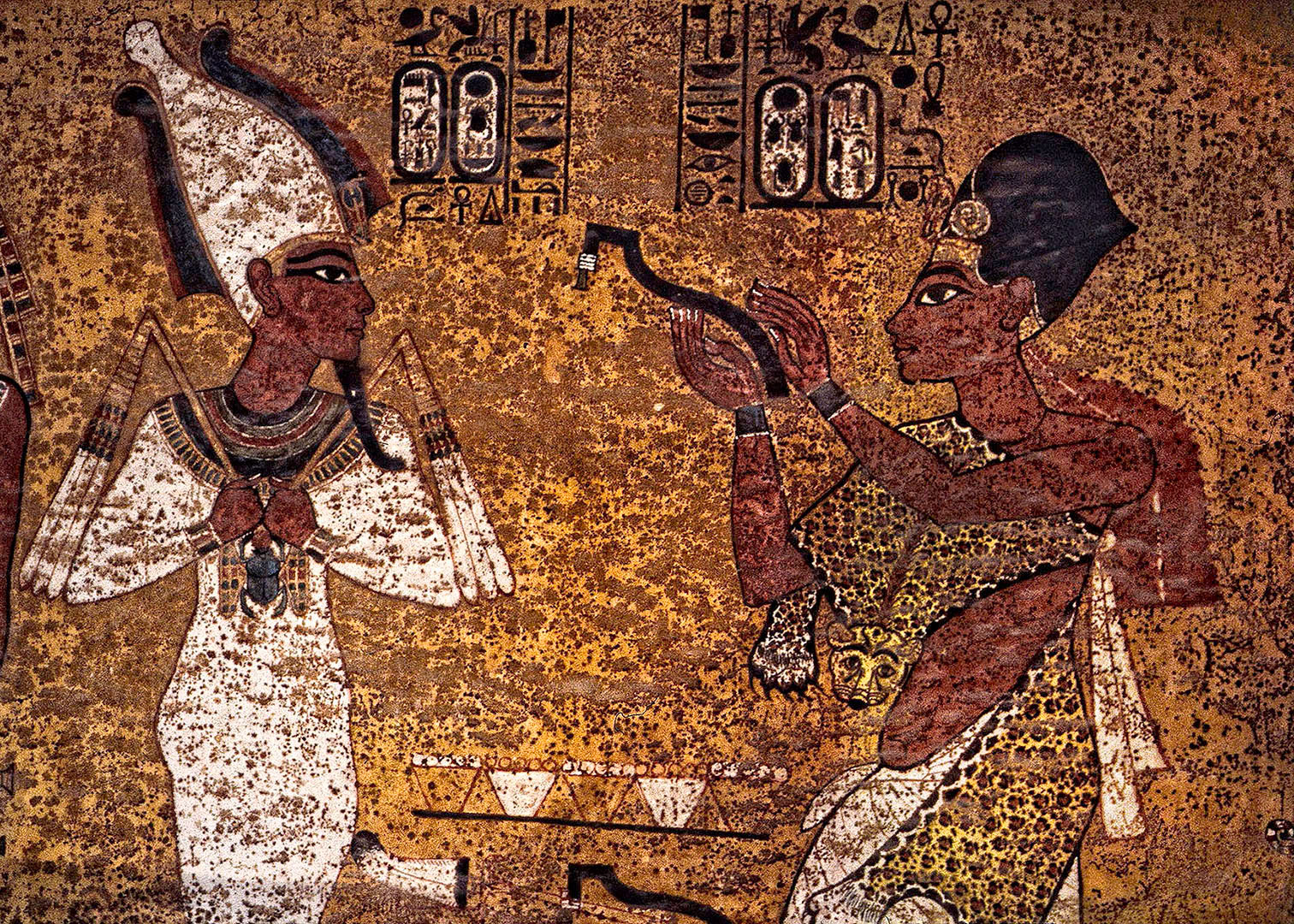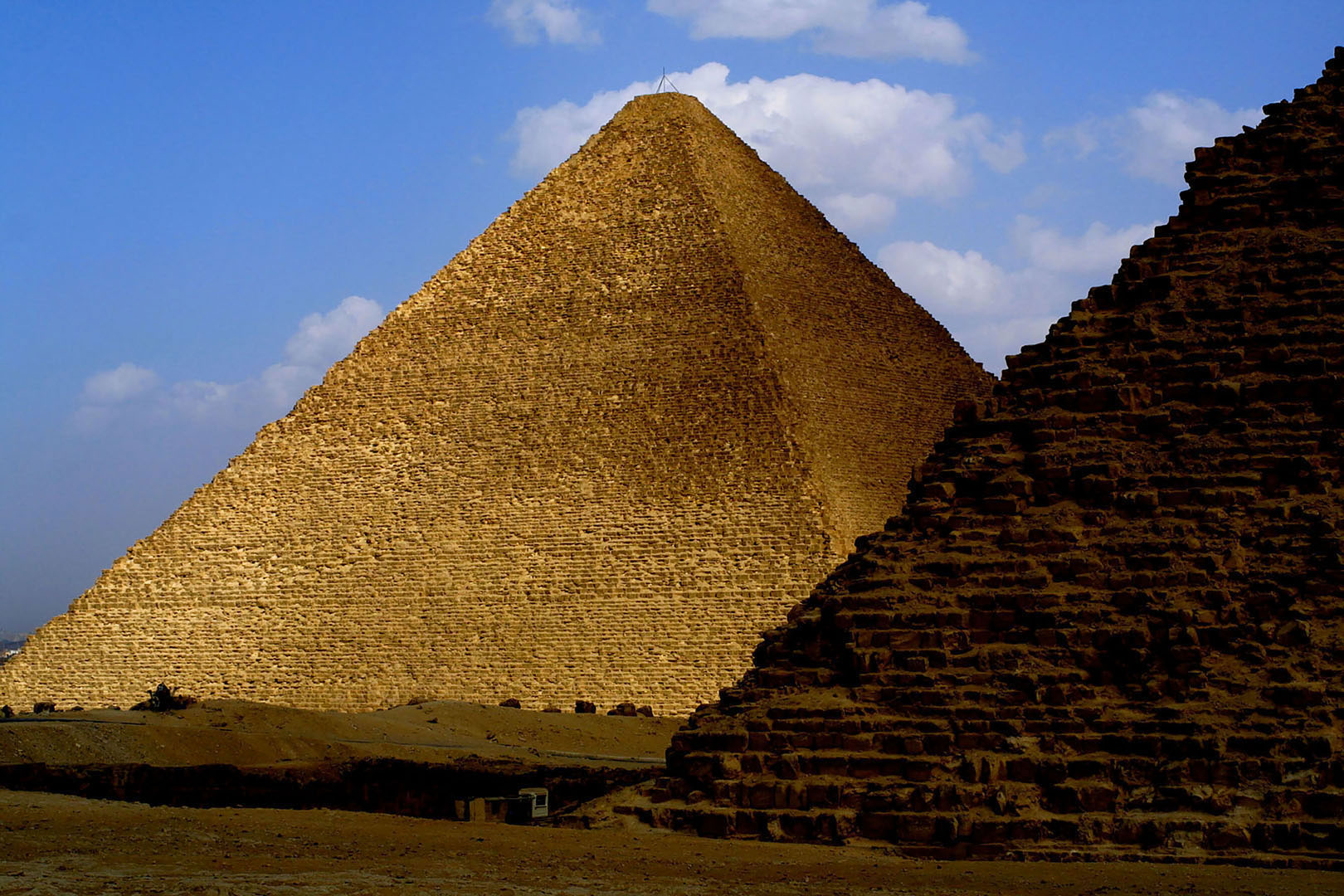Unit 2: The Glory of African Civilizations
 Africa stands as the cradle of humanity and a testament to the extraordinary journey of human development, having birthed our earliest ancestors and nurtured some of the most remarkable civilizations in history. Archaeological evidence reveals Africa as the birthplace of human evolution. The discovery of human remains in places like Ethiopia and Tanzania offers interesting insights into the shared origins of humanity. From the banks of the Nile to the heart of Nubia, African civilizations like Ancient Egypt achieved unparalleled advancements in governance, science, and philosophy. Their architectural genius, including the pyramids and intricate temples stand as enduring symbols of engineering brilliance and cultural sophistication. Far from being isolated, African societies were interconnected with global trade networks and engaged in exchanges that extended beyond African continental boundaries. In addition, African civilizations contributed groundbreaking innovations in agriculture, medicine, and governance. This exploration invites students to learn outside the confines of traditional historical narratives, recognizing the complexity of Africa’s contributions to human civilization.
Africa stands as the cradle of humanity and a testament to the extraordinary journey of human development, having birthed our earliest ancestors and nurtured some of the most remarkable civilizations in history. Archaeological evidence reveals Africa as the birthplace of human evolution. The discovery of human remains in places like Ethiopia and Tanzania offers interesting insights into the shared origins of humanity. From the banks of the Nile to the heart of Nubia, African civilizations like Ancient Egypt achieved unparalleled advancements in governance, science, and philosophy. Their architectural genius, including the pyramids and intricate temples stand as enduring symbols of engineering brilliance and cultural sophistication. Far from being isolated, African societies were interconnected with global trade networks and engaged in exchanges that extended beyond African continental boundaries. In addition, African civilizations contributed groundbreaking innovations in agriculture, medicine, and governance. This exploration invites students to learn outside the confines of traditional historical narratives, recognizing the complexity of Africa’s contributions to human civilization.
This unit celebrates Africa’s role as the cradle of humanity and its profound contributions to global civilizations. Students explore the intellectual and cultural achievements of Ancient Egypt and Nubia, examining their innovations in governance, science, and philosophy, including the principles of Ma’at. The unit delves into the origins of humanity in Africa, highlighting the continent’s central place in the story of human evolution and migration. Learners investigate the possibility of pre-Columbian African presence in the Americas, challenging conventional narratives of early global interactions. By studying Africa’s ancient civilizations, students uncover the continent’s influence on early trade networks, architectural marvels, and systems of governance. Activities include analyzing artifacts, comparing governance structures, and examining Africa’s intellectual legacy as a foundation for modern systems of thought. The unit emphasizes Africa’s enduring significance as a hub of cultural and scientific advancement. Through critical engagement with these topics, students develop an appreciation for the complexity and richness of African civilizations. This exploration lays a foundation for understanding Africa’s interconnectedness with global history and its pivotal contributions to humanity’s collective story.

